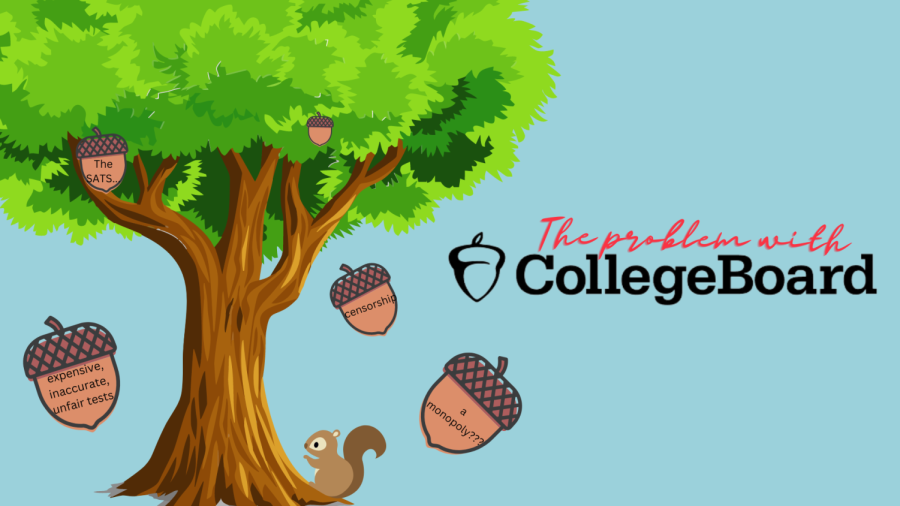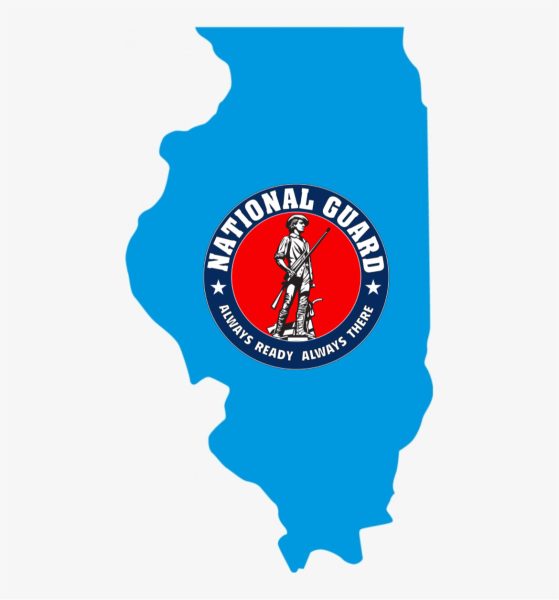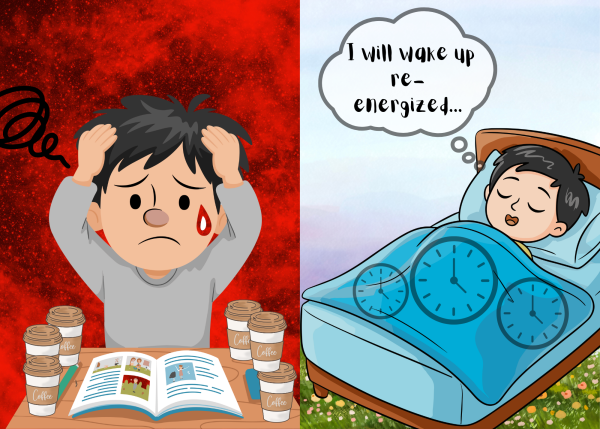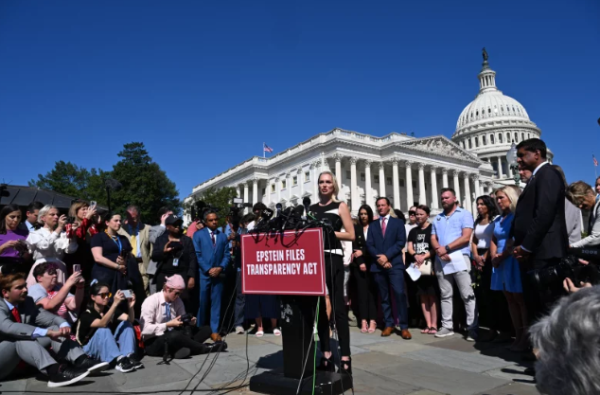It’s time we see the College Board as it really is
Recently, the College Board has taken much heat for their recent decision to revise the new and upcoming AP African American Studies course. The revisions include: taking out topics and course matters such as critical race theory, Black feminist history, Black queer history, and specific Black authors. While this struck up intense debate across the country, is the College Board being problematic anything new? Censorship, testing prices, a possible monopoly– College Board has always had a lot of flaws.
Last month, Republican Florida Governor Ron DeSantis denounced the College Board’s newest AP course, African American Studies, saying the course wasn’t historically accurate and violated the state’s rules on how race should be taught in schools. The Florida Department of Education also disapproved of the course, claiming it needed to be revised before it was brought to schools.
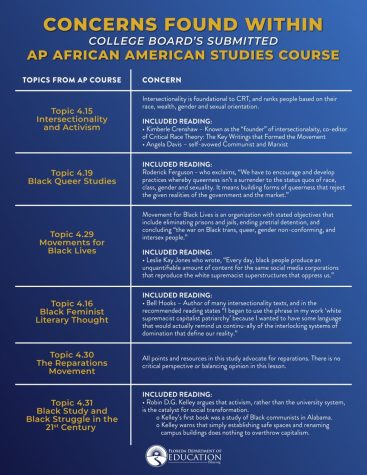
Days later, on Feb. 1, College Board announced their changes to the course, taking out the history of important Black feminist and queer figures. College Board claims the changes did not have anything to do with the Florida Department of Education’s criticism. But why did they take out those important topics in the first place?
Even if the College Board didn’t take out the topics because of Florida’s corrupt education system, they must have taken them out for some reason– to please people all over the country by watering down the course.
As of today, seven states in the US have banned the teaching of critical race thinking. Regardless of some conservative’s beliefs, learning about Black Feminist and LGBTQ+ history is a crucial part of learning and understanding Black history as a whole. From their most recent revisions, the College Board seems to be more interested in supporting government officials rather than its own students. Looks like College Board has unfortunately lost its way. Founded in 1900, College Board is a not-for-profit organization that was created to help students access higher education. They host membership for over 6,000 colleges and universities in the US, as well as administer the SATs, and formulate the Advanced Placement (AP) courses.
The recent College Board controversy is nothing new. They’ve been heavily criticized for the SATs due to its bias. The SAT puts English Language Learners at a disadvantage since the tests are heavily language and reading based. There’s also a lot to be said about the validity of the SAT test– whether or not it’s an accurate description of how good of a student you are. In fact, the SAT and ACT are both incredibly biased. Studies show that there’s a significant correlation between student’s test scores and their family income. This isn’t a fair and equitable measure that’s supposed to be helping the students in our nation.
It costs $97 to take an AP exam, and although Niles North does pay for one exam per student, not every student in the U.S. is as lucky. The SAT costs at least $60, not including additional fees. Students are also forced to commit to AP tests by November and are charged a hefty cancellation fee ($40) if they change their minds. Though College Board is not-for-profit, they really trick students into paying for these exams, just so they have some hope of getting into their dream school. It’s a monopoly on standardized testing.
As an AP student myself, I often feel stressed to get the right amount of APs on my resume for colleges. It’s such a competitive environment in our school, and everyone’s always comparing the number of AP courses they’re in. I’ll also be taking the SAT next year like most Juniors, even though I don’t agree with what it tests on. I take it because it feels necessary to get into a university that I want. The College Board traps me– and millions of other students nationwide– this way. It’s a never-ending cycle because no matter how much you disagree with the tests and classes, you’ll be stuck with the stress of the rigor of the classes and the costs of the tests.
The College Board’s decision to cut down the AP African Studies is just another example of the long list of its problematic choices. It’s time we see the College Board as what it actually is– a scam to capitalize off of students’ desperation to get into their dream school and please the government.

Penelope is a senior, and this is her fourth year on North Star News. She's inspired by journalist icons like Carrie Bradshaw and Andie Anderson....


